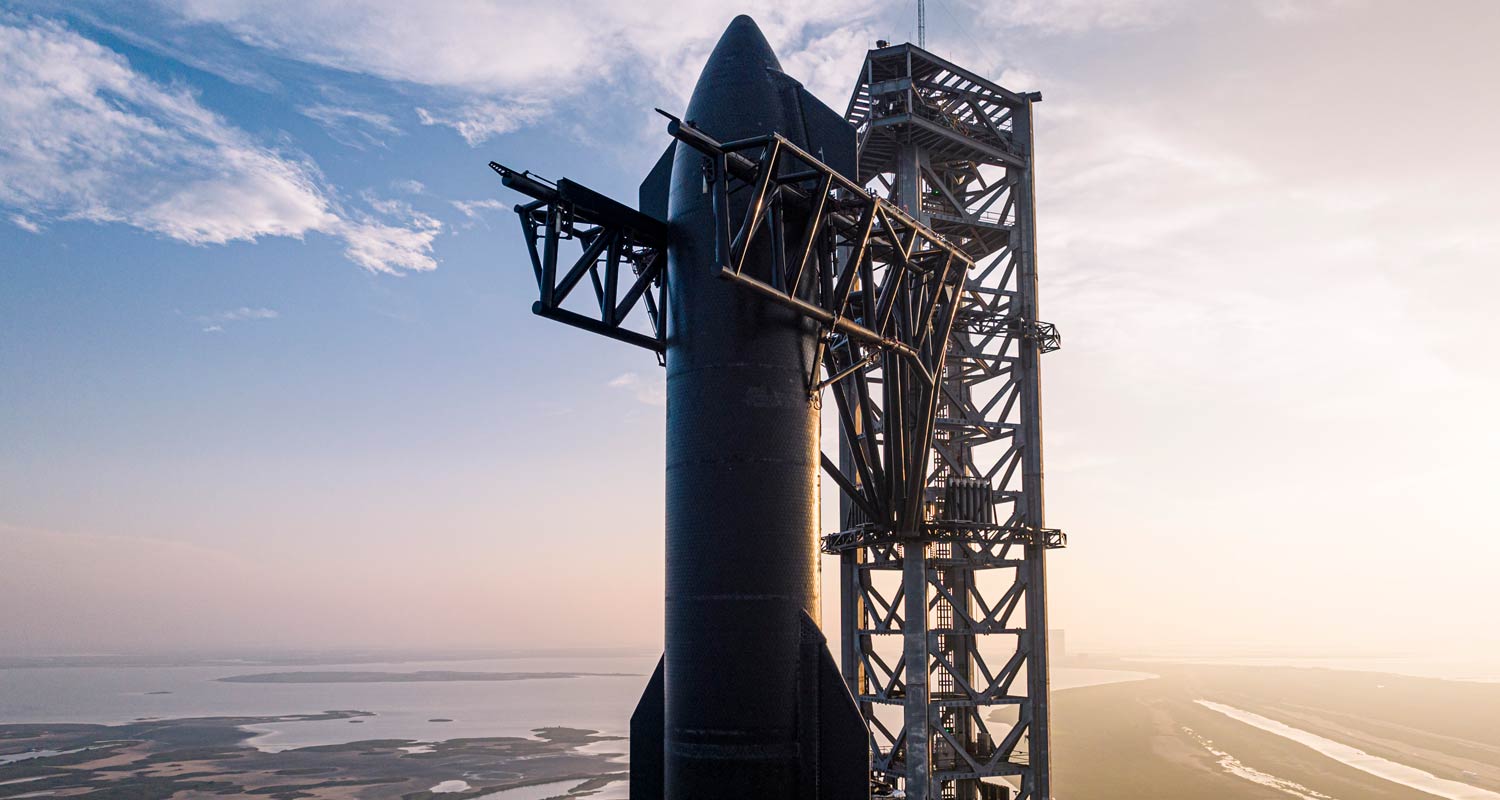Activists calling for political reforms in Eswatini have urged the Southern African Development Community (SADC) to take decisive action to deal with the deteriorating situation in the kingdom, ahead of the 44th SADC Summit in Harare, Zimbabwe, this week.
Read more: Condemnation and calls for action as Zimbabwean activists detained and allegedly tortured
In a 1 August letter addressed to the SADC Secretariat and its member states, the Multi-Stakeholder Forum (MSF) – a coalition of political parties and civil society pro-democracy organisations – called on the regional bloc to “intensify its engagement with the Eswatini government” and apply “pressure to ensure that the recommendations previously made by SADC are fully implemented”.
“As the 44th SADC Summit approaches, we implore you, the Heads of State and Government, to take decisive action to address the deteriorating situation in Eswatini. The time for collegial approaches has passed; SADC must now assert its position firmly and revive the stalled and prolonged efforts to resolve the situation in Eswatini,” the letter read.
“Despite numerous recommendations from SADC and the international community, the Eswatini government continues to violate the fundamental civil rights of its citizens, contravening several SADC protocols and charters.”
Eswatin SADC Letter – August by victoria on Scribd
The group listed its demands, which include a “genuine, inclusive dialogue” with the Eswatini government, civil society, unions, political opposition and the regional community “to chart a path forward”; the SADC monitoring the government’s implementation of its recommendations and the status of civil rights in the country by requesting detailed reports from the Eswatini government; and the SADC ensuring these reports are made public.
Speaking to Daily Maverick, MSF spokesperson Sivumelwano Nyembe said the forum viewed the implementation of a “national dialogue to be of urgency”. The MSF has, for years, called for an “internationally mediated dialogue” with the primary aim of reforming the current political system in the country and ushering in a new constitution that guarantees multiparty democracy.

President Cyril Ramaphosa on 13 July 2024. (Photo: Gallo Images / Lefty Shivambu)
After Eswatini was convulsed by unprecedented violent protests in June 2021, then chair of SADC’s security organ, South African President Cyril Ramaphosa, had met King Mswati III and persuaded him to institute a national dialogue on democratic reform. However, efforts to institute a genuine, inclusive national dialogue have so far come to nothing.
Read more: Eswatini democratic reform process hangs by thread as absolute monarchy reigns
The Eswatini government has been stalling, partly by insisting that the national dialogue should take place in the form of a Sibaya, the traditional engagement of the king and his people, Daily Maverick has reported. The MSF has previously rejected a Sibaya as a means for inclusive dialogue. The forum had pressed for a national dialogue to take place before the September 2023 parliamentary elections, but was unsuccessful.
In its preliminary report after the 29 September polls – which are essentially meaningless since parliament has no power in Africa’s last absolute monarchy – the SADC electoral observer mission again recommended that Eswatini hold an all-inclusive national dialogue “to give the people of Eswatini an opportunity to explore options for their political system”.
Ramaphosa passed on the chair of the security organ to the late Namibian president Hage Geingob, who in his valedictory address to the 43rd SADC Summit last August, said SADC should “endeavour to complete… the initiation of national dialogue in the Kingdom of Eswatini”.
Read more in Daily Maverick here: Pretoria rebuffs DA’s call for SADC summit to be moved from Zimbabwe
In a media briefing on Monday, South African Department of International Relations and Cooperation (Dirco) spokesperson Clayson Monyela said that the upcoming SADC Summit in Harare is expected to receive a report from the organ about how far the engagements with roleplayers in Eswatini have gone, and what progress has been made.
“The summit will then reflect on that report and pronounce on what becomes the way forward,” said Monyela.
He added that South Africa would participate in those discussions, but maintained that the organ “must be given the space to engage with the internal roleplayers” in Eswatini.
The current chair of the security organ is Zambian President Hakainde Hichilema, and a SADC Organ Troika Summit is scheduled to take place on 16 August. When Daily Maverick sent questions to the Zambian Department of Foreign Affairs about the upcoming summit it was referred to the SADC Secretariat for comment.
To date no response from the SADC has been received to the MSF’s letter. The SADC did not respond to Daily Maverick’s questions last week.
Crackdown on dissent
Secretary-general of the MSF Sikelela Dlamini said the group was concerned about the lack of action from the SADC on the ongoing crisis in Eswatini. The MSF was appealing “to the conscience of the leaders of SADC, to say that if they have been democratically elected in their own countries, they must be fair and courageous enough to also push for other nations, within the region, to also democratise”.
“We can safely say that people from afar, they think the situation has reached some normalcy because they are no longer hearing people on the streets or demonstrations,” Dlamini told Daily Maverick.
“The truth of the matter is there is no peace, but there is quietness. Quietness that has been forced by the regime, down the throats of the people.
“The civic space, the political space, the civil rights and liberties of the people are infringed upon by the regime,” he said.
Last month, an Eswatini court sentenced former members of parliament, Mduduzi Bacede Mabuza and Mthandeni Dube, to a combined 43 years behind bars after convicting them on bogus terrorism and murder charges. Both men were initially arrested in 2021 for supporting the pro-democracy protests.
Read more: A call for African solidarity as human rights in Eswatini continue to worsen
In a statement, Amnesty International’s deputy regional director for east and southern Africa, Vongai Chikwanda, called for Eswatini authorities to “immediately quash the unjust and baseless convictions and sentences” of Mabuza and Dube. Trade union federation Cosatu – an alliance partner of the ANC – called for sanctions against Eswatini, adding that it was “alarmed by the shameful silence, tacit condonation and total paralysis of SADC and the international community in the face of Mswati’s unapologetic war against his own people”.
The MSF, in its letter, described Mabuza and Dube’s sentencing as a “travesty of justice”.

Murdered human rights defender and lawyer Thulani Maseko. (Screenshot: YouTube)
“Their brutal treatment in prison and the daily victimisation of activists are clear violations of human rights. Yet, SADC’s response has been alarmingly silent and lacking in transparency,” it said.
However, not one southern African government voiced concern over Mabuza and Dube’s sentences, Daily Maverick reported.
Dirco’s Monyela, on Monday, fudged the question about why the South African government has not issued a statement on the recent reports of human rights violations in Eswatini, saying: “South Africa is concerned about developments that will infringe on human rights of anybody, in any country, including in Eswatini. And the examples you are referring to, we have taken note of that.”
The MSF, in its letter, added that calls for an independent investigation into the brutal killing of political activist and human rights lawyer Thulani Maseko, were “falling on deaf ears”. Maseko, who then chaired the MSF, was shot dead in his home in the Manzini region, in January 2023.
His murder, which remains unsolved more than 18 months later, ignited an avalanche of condemnation and calls for the SADC to launch an independent investigation. DM
![]()



 1 month ago
58
1 month ago
58













